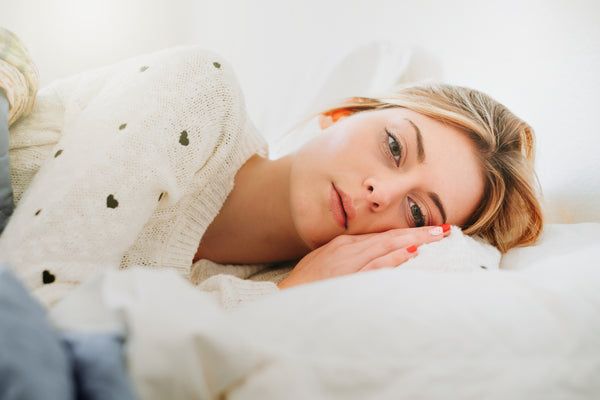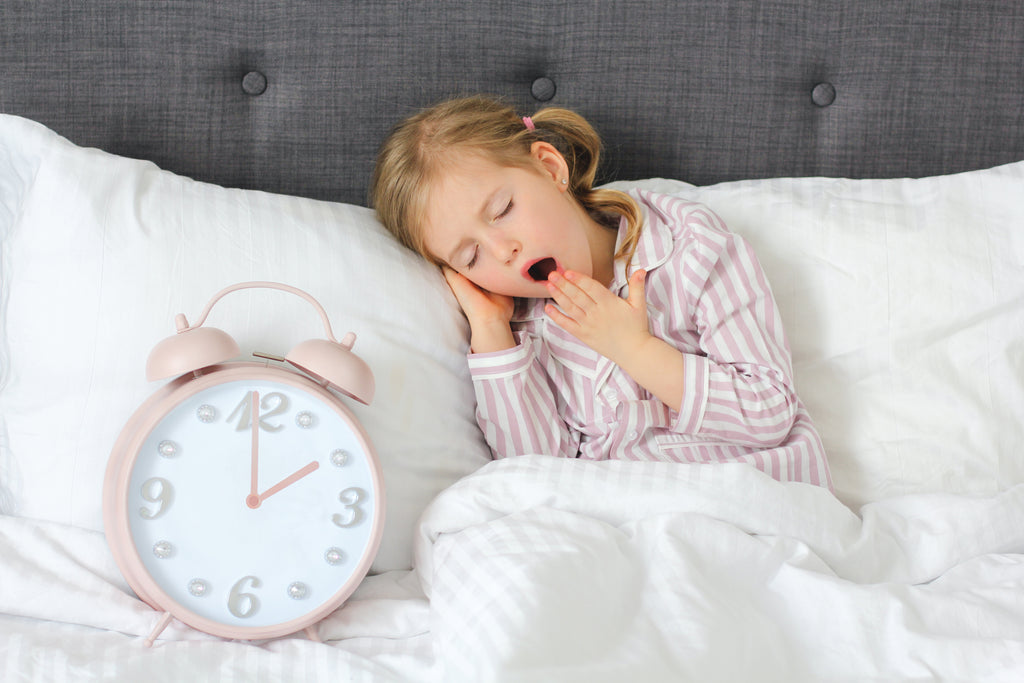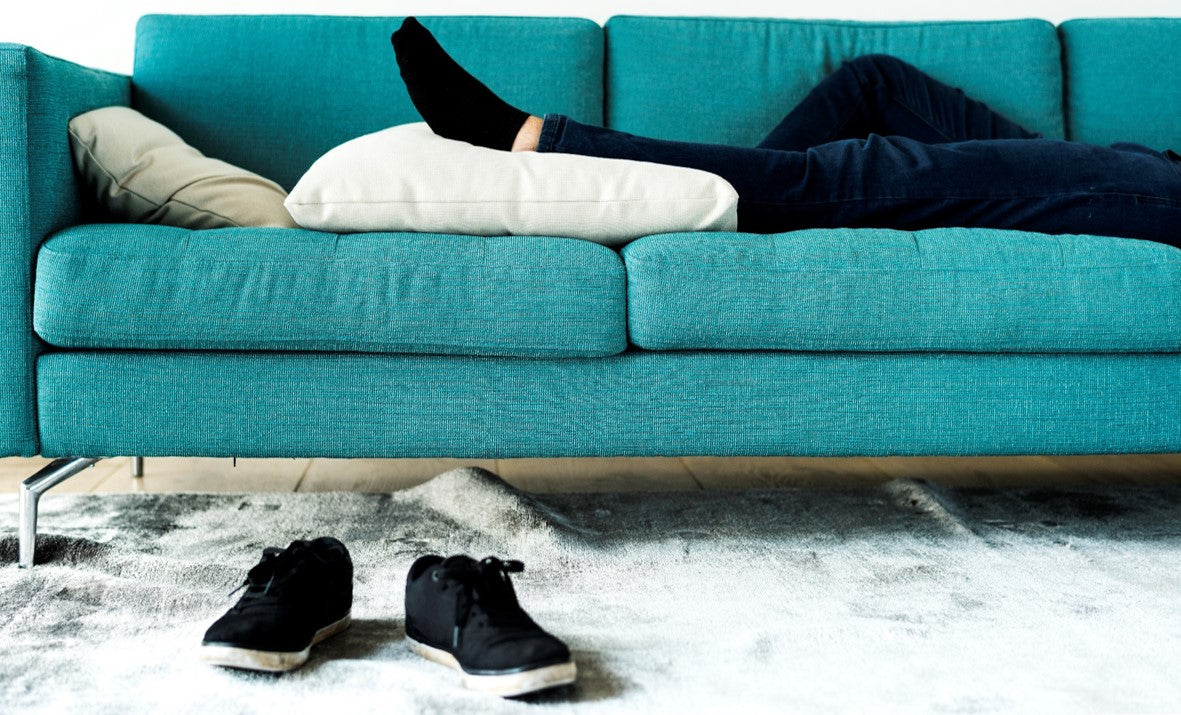
Do you find it hard to get to sleep or do you wake up during the night thinking about things?
Frustrated and tired do you begin watching the clock and start worrying about not getting to sleep or not getting enough sleep?
If you are finding that you are having difficulty sleeping, try following these tips.
- Mindfulness Meditation
Find a quiet, comfortable place to sit and close your eyes. Focus your mind on your breath, inhaling and exhaling deeply. Continue focussing on your breath. Don’t allow your mind to wander to the days activities or the future. Regularly practicing mindfulness meditation for five minutes or more, can help you relax and let go of your daily stresses. A technique that at bedtime, you can also undertake to help your mind relax and fall asleep.
-
Exercise during the day
Exercise has been found to help reduce anxiety and stress. Although hitting the gym, or participating in group sports is not an option right now, make sure you undertake some form of exercise each day. Take a walk around the block or try an online workout or yoga class. It takes as little as 5-10 minutes a day to reduce stress, boost mood and keep the body strong while improving alertness during the day and sleep quality.
-
Set-aside ‘Worry Time” in the early evening
Get into a routine of setting aside some time each evening to think about the things that have happened during the day and the things that you need to address tomorrow or in coming days. Jot down the problem, or what is worrying you and make plans or develop possible solutions. Writing things down will help you process what you are thinking about and help you free them from your thoughts when it is time to sleep.
- Keep an hour before bed as “Wind Down Time”
Have your evening meal at least two hours before bedtime and avoid caffeine and alcohol late in the day. Allow your mind and body to relax and wind down at least an hour before bed. Play quiet music, read a book or take a bath. Avoid, the evening news, social media and using screens, which emit blue light.
The blue light emitted from devices such as smartphones, tablets, computers and the TV, can at night all reduce the production of the sleep hormone melatonin. This may result in difficulty sleeping and increased drowsiness during the day.
By keeping us engaged and stimulated they are also hard to walk away from and make it difficult for our brains to relax and wind down at the end of the day.
- Ensure good sleep habits and comfortable sleep environment
Keep a regular bedtime, and try to go to bed and wake up at the same time every day. This helps create a natural rhythm, and sleep-wake cycle for your body.
Ensure the bedroom is free of distractions. No televisions, computers, radios and phones.
If your mobile phone is in your room and used as an alarm, ensure it is in do not disturb mode so you are not woken by late night text messages or notifications.
Keep the bedroom dark and ensure the room temperature is not too hot or cold which may make you restless and it difficult to fall asleep. According to the Sleep Council UK
“A cool 16-18°C (60-65°F) is thought to be an ideal temperature in a bedroom. Temperatures over 24°C (71°F) are likely to cause restlessness, while a cold room of about 12°C (53°F) will make it difficult to drop off.”
Make sure your sleep environment is healthy. Dust mites found in bedding are a common cause of asthma, allergies and asthma. Protect-A-Bed mattress, pillow and quilt protectors will provide an allergy barrier against any dust mites living in your mattress or quilts.
“If you get into bed and cannot fall asleep after 20 minutes, get up and return to another space in the house to do a relaxing activity, such as reading or listening to music. Lying in bed awake can create an unhealthy link between your sleeping environment and wakefulness. Instead, you want your bed to conjure sleepy thoughts and feelings only.” - sleepfoundation.org
Getting a good night’s sleep is vital to your health, well being and ability to effectively function during the day, so if you find you are having continuous problems getting a good night’s sleep talk to your doctor.
Sleep well, live well










